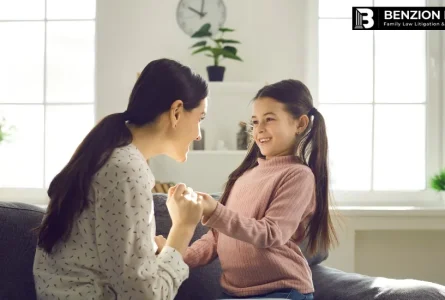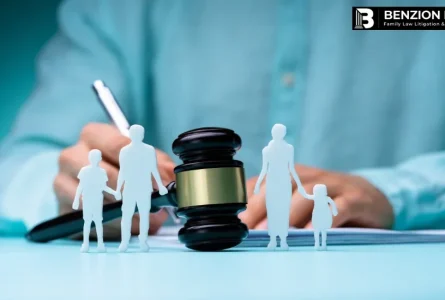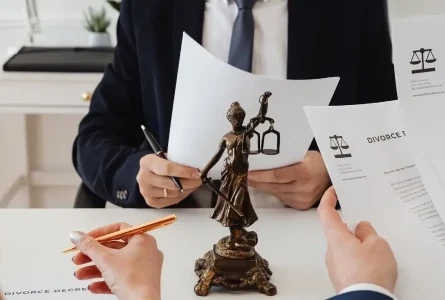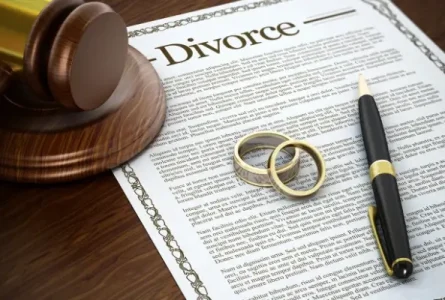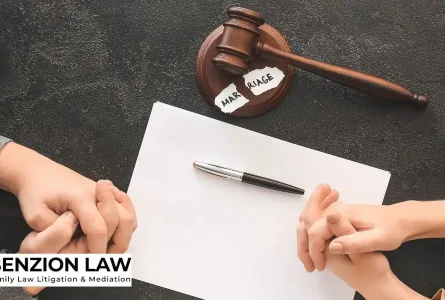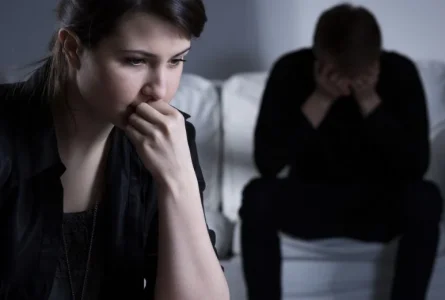Blog
News and opinions about family law issues, marriage, relationships, divorce, family, children, love and more.
How To Get Full Custody of a Child as a Mother in Florida?
Historically, family courts in both Florida and around the country followed the "tender years" doctrine, which favored mothers in custody cases. However, times have changed, and the gender of a parent is no longer the deciding factor in child custody cases. With precedents constantly changing,…
How Much Does a Family Lawyer Cost in Florida?
Family law cases are never easy. When approaching a divorce, child custody dispute, or other family law matter, you may have a lot weighing on your mind. Concerns about the feelings of those involved, negotiating a favorable outcome, and the effects of the case on…
How To File for A Divorce in Boca Raton, FL?
Marriages are designed to fill our lives with love and leave us partnered with a person whom we want to spend every day with. No one enters a marriage with the expectation it will end. Relationships, however, are complicated and can often reach disagreements that…
How to Find the Best Boca Raton Divorce Lawyer?
Navigating a divorce can be emotionally and legally draining, but having a good lawyer can help ease some of this burden. Knowing how to find the best Boca Raton divorce lawyer can make a major difference in the outcome of your case. How To Find…
Can You Get an Annulment in Florida?
Sometimes, marriages don’t work out between couples. This isn’t an easy decision, and the events involved in ending a marriage can be emotionally charged and stressful. In the cases of some couples, divorce is the correct route to take in order to seek a dissolution…
How Long Does a Divorce Take in Florida?
The process of divorce is rarely an easy one. Ending a relationship takes an emotional toll and affects everyone involved, including children, if there are any present. Each divorce is different, and while some are quick and amicable divorce, others are more complex and can…

